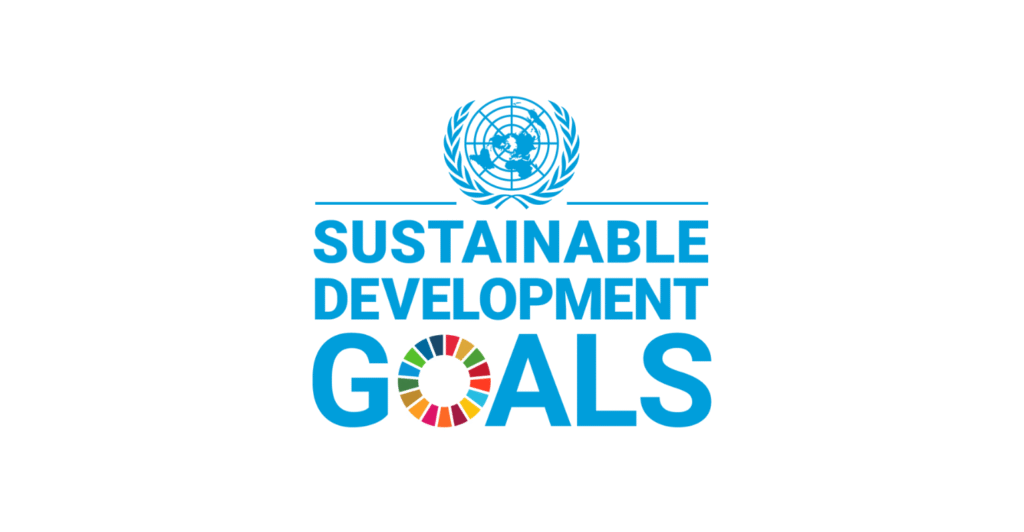

Juan Cacace
Leadership, Space & Connectivity


Governments across the world are committed to achieving emissions reduction targets by 2030. Technology companies have presented themselves as part of the solution, but the focus is often on solutions like carbon capture, or mechanisms for increasing energy efficiency such as greater adoption of cloud services.
The role of accessible online services is just as powerful for achieving some of the UN’s sustainable development goals: affordable access to government services enabled by the internet can help achieve ‘No Poverty’; enabling remote education is a crucial way of delivering ‘Quality Education’; and more effectively connecting people and businesses will allow us to deliver on ‘Sustainable Cities and Communities’.
Measuring the economic impact of technology has always been a challenge. There is a saying that what is not measured, is not valued – and this is true for most digital services, particularly those that are available free of charge such as search engines and messaging and video communication platforms.
However, there are a number of socioeconomic benefits where this value can be made tangible, including:
There are several social benefits generated by digital platforms, including facilitating inclusion. Communication services have been critical in accelerating the inclusion of marginalised users into formal systems, particularly for financial, health, and education services that are enabled by OTT providers.
From an environmental perspective, shared mobility services such as Uber and Grab unlock significant benefits including lower pollution, congestion, and additional land and material resources by reducing car ownership. While using OTT platforms places a significant strain on energy resources, services providing music and video streaming have a far lower carbon footprint than traditional physical formats.
Some OTT platforms have been used for disseminating misinformation. This has required platforms to create policies that hinder the spread of malicious content and invest to moderate the content on their platform. This is an ongoing battle, and OTT platforms will need to work closely with governments to ensure they are taking all steps to address any illegal activity.
If OTT platforms are to be accepted as part of the sustainability solution, the relationship with governments, particularly in the global south, will need to be more robust. There will only be widescale adoption of OTT platforms at the necessary pace if governments see them as partners in achieving positive outcomes for citizens.
Decisions are yet to be taken on where sustainability funding will be focused. Armed with the right evidentiary base of economic analysis alongside case studies making concrete the value OTT platforms are providing, there is an opportunity to build a narrative that ensures governments use technology to benefit their citizens, and deliver the future that the ambition of the sustainable development goals tells us everyone deserves.
Subscribe to our news alerts here.

